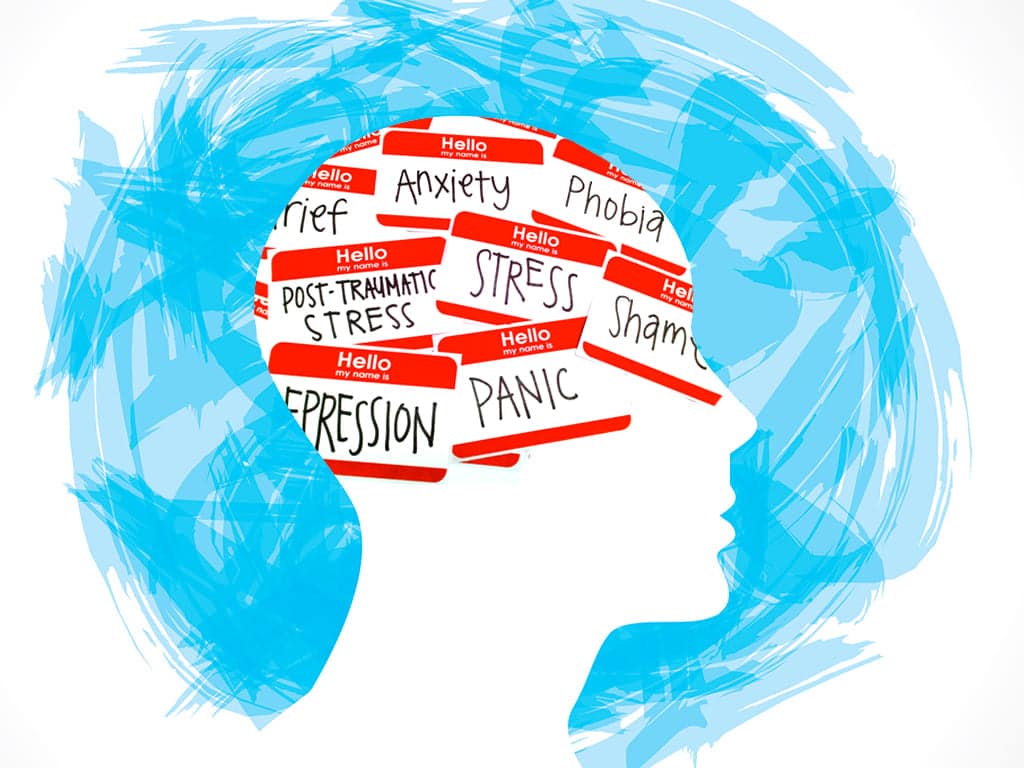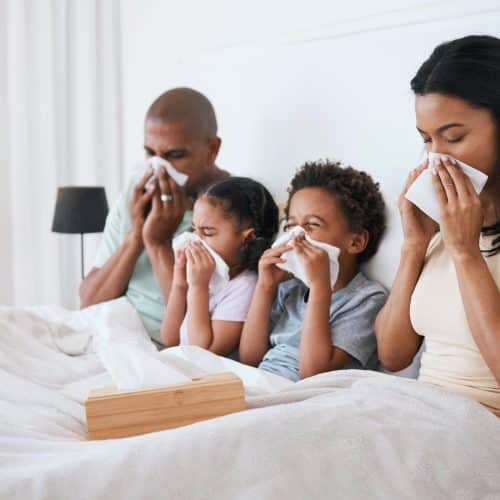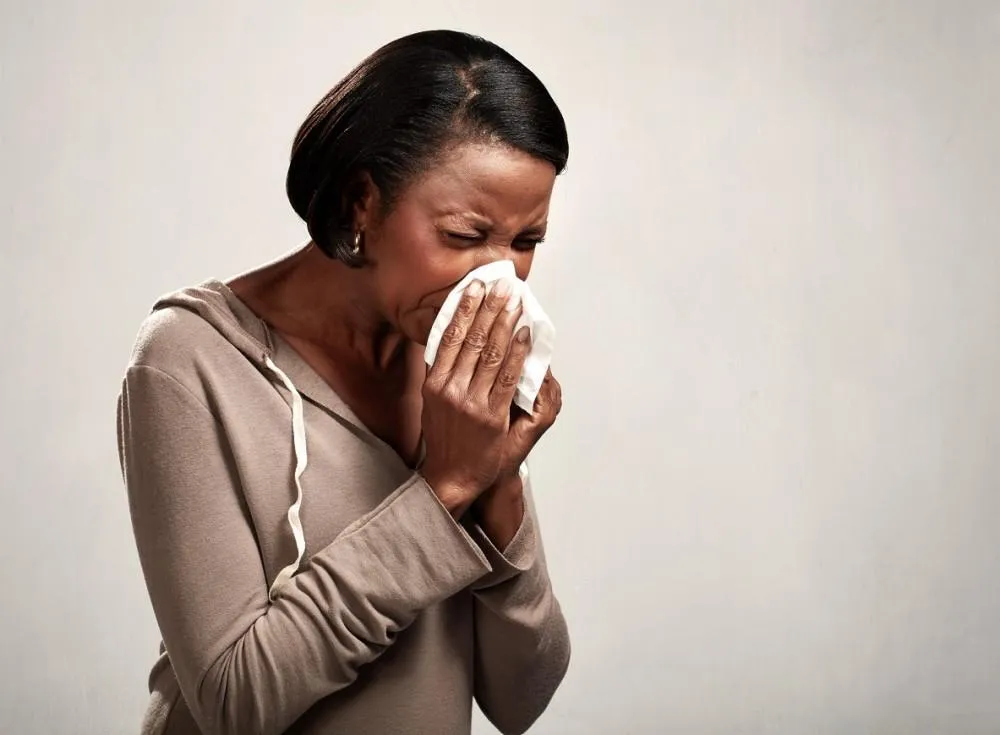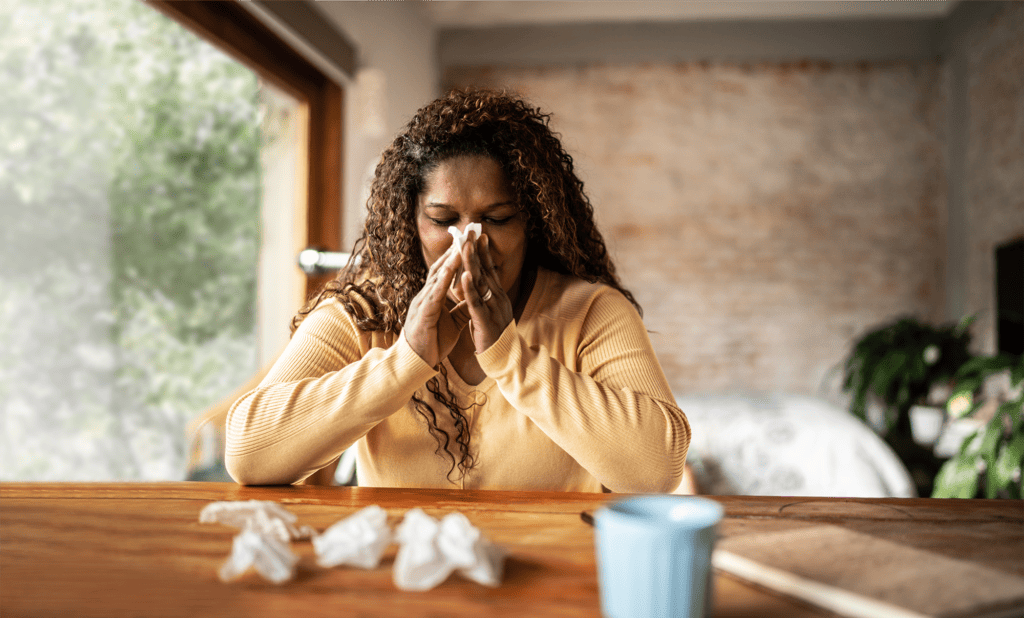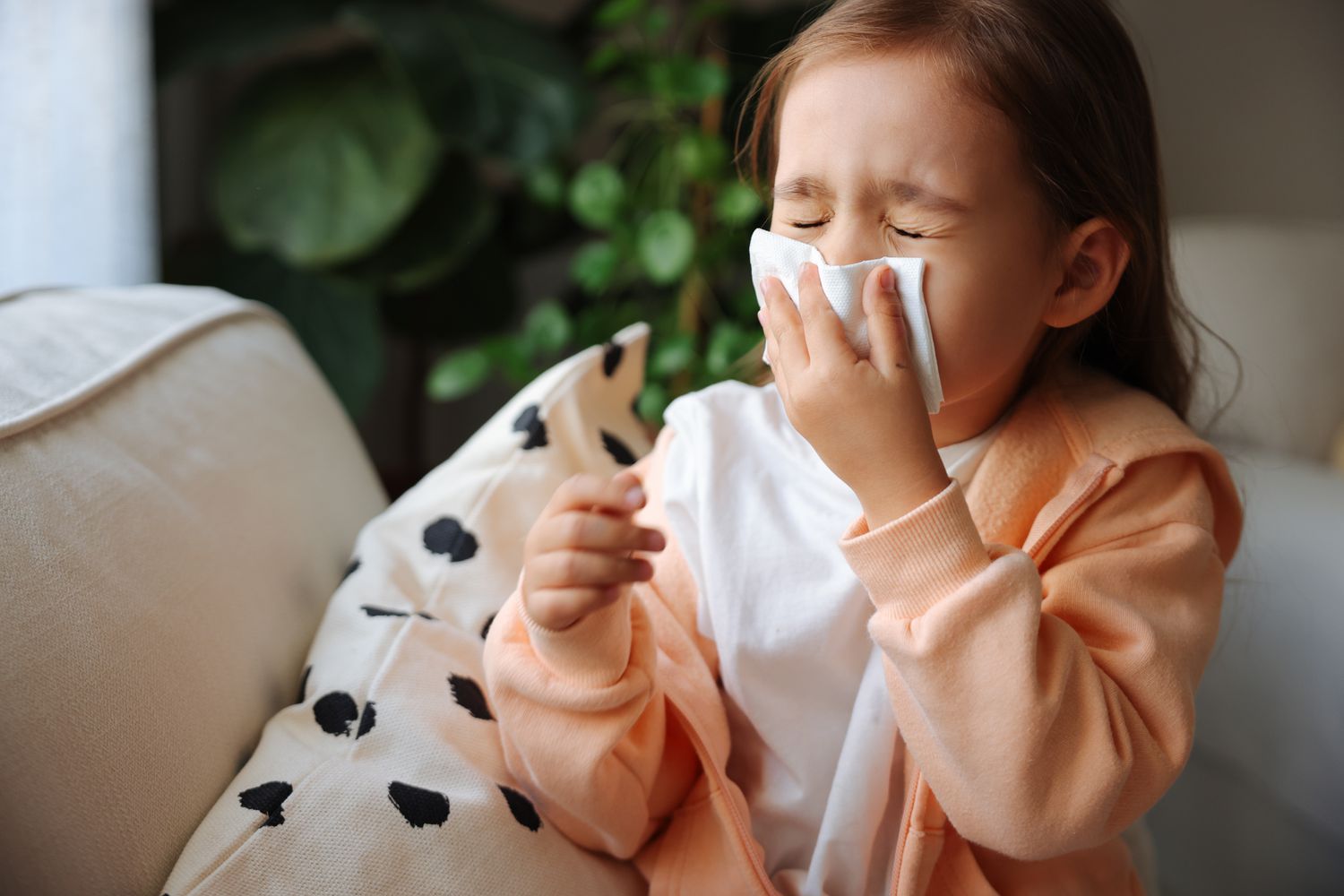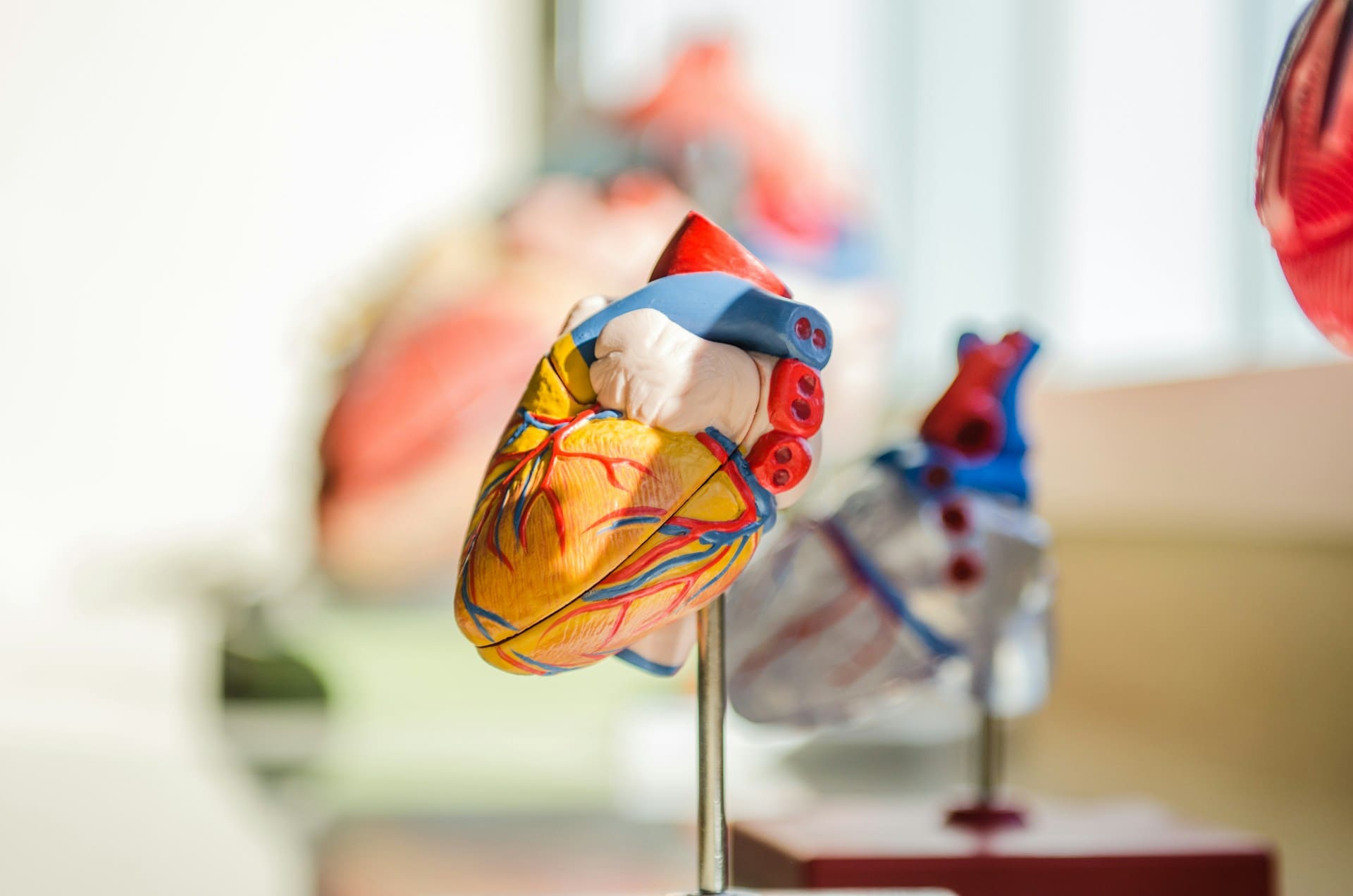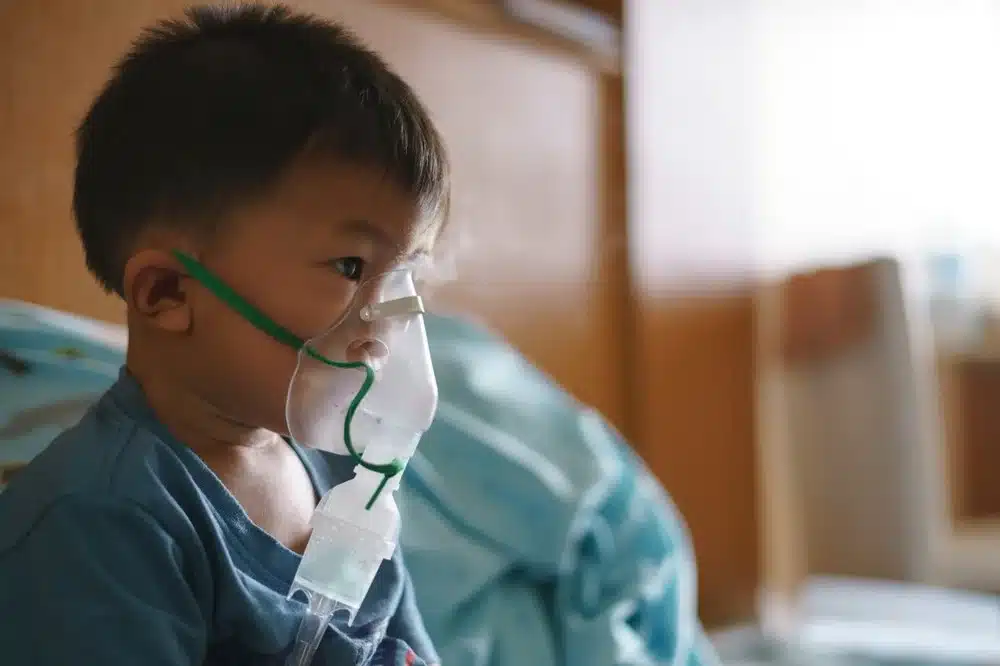Secondary Trauma: Help Others, Protect Yourself

What is Secondary Trauma
Secondary traumatic stress is the emotional duress that results when an individual hears about the firsthand trauma experiences of another. Secondary traumatic stress is a real and damaging issue for caregivers, first responders, and anyone helping those in crisis. While the instinct to rush in and help others in need is admirable, prolonged exposure to traumatic experiences can take a heavy emotional toll. The symptoms of secondary trauma mirror those of PTSD and include nightmares, hypervigilance, emotional numbness, and instability.
How is Secondary Trauma Starting
Constantly witnessing or hearing about traumatic events can be profoundly disturbing and scary over time. Family members, friends, and all types of caregivers are especially at risk of developing secondary trauma. However, unlike primary trauma, the pain of secondary trauma often goes unrecognized or is dismissed as irrational or hysterical. This is dangerous, as the underlying fear response is still triggered and demands a response.
For first responders, seeking help for secondary trauma is often stigmatized as a sign of weakness, making treatment less likely just when it’s needed most. For families, there is a tendency to self-sacrifice in the name of supporting relatives in crisis, creating a cycle of suffering that spans generations. However, just as you must put on your own oxygen mask first before helping others in an emergency, you must take care of yourself before you can properly care for people in distress.
We feel an obligation to rush in and rescue those suffering around us. This is human nature and the basis for strong social bonds. But we must ask ourselves tough questions like “How much can I give without breaking down myself?” and “Am I in the right frame of mind to provide meaningful help right now?”. When we lack the capacity to care for ourselves, we frequently end up doing more harm than good, becoming an additional burden rather than a source of relief.
How We Can Overcome Secondary Trauma
If you are experiencing nightmares, panic attacks, depression , or increased alcohol/drug use due to another person’s trauma, do not ignore these signs. Seek counseling or call emergency services right away. You do not have to deal with this alone. Practice self-care, set clear boundaries, limit exposure to traumatic details when possible and ask others for help when you need it. Only by maintaining your own stability can you be securely anchored enough to support others in crisis.
Recognizing the signs of secondary trauma in yourself and accessing the proper help and support is critical. You deserve to feel safe, secure, and able to cope, even when serving as a lifeline for those suffering around you. Please reach out – there are people and resources to help you through this. You matter, and the world needs more trauma-informed caregivers. But to fill that role, you must start by caring for yourself. Call or schedule an appointment with our therapist at All Day Medical Care Clinic — you don’t have to suffer the emotional wounds of secondary trauma alone when there are caring professionals ready to help you heal!
References
Hyden, S., Wong, M., Langley, A., Stein, B., & Kataoka, S. (2015). Preventing Secondary Stress in Educators. Child and Adolescent Psychiatric Clinics of America, 24(2), 319-333.
Keenan, P., & Royle, L. (2008). Vicarious Trauma and First Responders: A Case Study Utilizing Eye Movement Desensitization and Reprocessing (EMDR) as the Primary Treatment Modality. International Journal of Emergency Mental Health, 9(4), 291-298.
Raihani, N. J., & Bshary, R. (2015). Why Humans Might Help Strangers. Frontiers in Behavioral Neuroscience, 9(39).







